Cognac vs. Whiskey: What’s your Poison?
let’s begin
It’s a conundrum that’s dominated many a late night conversation: The Cognac versus Whiskey debate. Whichever side of the fence you fall, the two spirits have similarities, yet are wildly different.
Here at Cognac-Expert.com, it’s obvious where our loyalties lie. But make no mistake, we’re partial to the odd whiskey too. Being the leading online resource for all things Cognac, we have to say one thing; that we know our grapes. And no matter which might be your favorite, comparing the two spirits is a fascinating subject.
Grapes versus grains
The biggest difference is that Cognac is made from grapes and Whiskey from grain, most usually barley. This grain is mixed with yeast and water, distilled, and then aged in oak barrels.
Cognac begins life as fermented grape juice that first turns into wine. This wine is then double-distilled, before also being aged in oak barrels.
Another big difference is that Cognac can only carry the name if it’s produced according to strict regulations. The most important being that it’s made in the Cognac region, in France. Whiskey, on the other hand, can be made anywhere in the world. Although the Scots spell theirs without the ‘e’. So if you’re drinking a ‘Whisky’, this has been made in Scotland.
How old is a Cognac (or a whiskey)?
Both spirits are aged in oak barrels or casks. But when it comes to communicating the age of the spirit, we have to say that it’s far easier to understand how old a Whisky is compared to a Cognac. When it comes to ones age-specific Whisky, they simply add the age in numbers, say 10 or 15 years.
Cognac, on the other hand, uses terminologies such as VS (Very Special – aged at least 2 years), VSOP (Very Special Old Pale – aged at least 4 years), and XO (Extra Old – aged more than 6 years) to determine the age. This is something that’s slightly difficult to understand and somewhat ambiguous. But once you understood it, you’ll never forget. Plus, it’s traditional, and we all know the French are staunch protectors of their heritage.
Worldwide sales trends
Both Cognac and all types of whiskies are enjoying an upward trend in worldwide sales. Data provided by the IWSR shows that Cognac rose from 13,058.6 cases in 2015 to 14,124.7 in 2016 – a rise of 8.2%. Whiskey sales rose by 1.7% from 392,573.6 cases to 399,185.3 cases in the same period.
Cognac sales
Much of Cognac’s increase was due to the resurgence of sales in the Americas, where it rose by 18.5%. Asia Pacific also enjoyed increased sales, up 6%. The Americas continue to account for the largest proportion of Cognac sales, with a market share of 40.9% in 2016. Asia Pacific held 25.3% of the market share, with Europe at 16.9%.
When it comes to Cognac qualities, it tends to be sales of VS and VSOP that dominate the American market. Whereas in Asia Pacific, and China in particular, purchase the older categories of XO and above.
Whiskey sales
Interestingly, Irish Whiskey saw the highest increase in sales in the year 2016, of 11.3%. This was followed by Japanese Whiskey, which rose by 7.7% in the same time span. Scotch, however, dropped by 1% in terms of global sales, although Malt Scotch increased its sales by 6.3%.
Future trends
In general, both Cognac and Whiskey are showing a sustained increase in growth on a global scale. Both spirits appeal to consumers at either end of the scale; from the youngest, least expensive blends right through to the high-end old vintage options.
In addition, makers of both spirits are turning to the other for innovative ways to stand out from their competitors. One such way is Whiskies finished in Cognac barrels and vice versa. Here at Cognac Expert we relish the direction the spirit market is heading.
If you’d like to discover more about the intricacies of Cognac, then Cognac-Expert.com is the leading online platform for everything to do with this historic French brandy. No matter which is your favorite spirit, the future looks bright for both. And long may it continue…
Port Dundas 10 Year Old Single Cask Single Grain Scotch Whisky
£65
Drams like this, with its smooth palate laden with creme brûlée and vanilla notes, are far too rare to burden with heavy-handed words, as Chaucer might have said. Here you have a bottle of whisky from a now-silent distillery, which means there is not only no production there any more, but the whole site has now been torn down so no more Port Dundas whisky will ever be produced.
Non-chill filtered
Natural colour
Distillery | Region | Age | Bottled |
|---|---|---|---|
Port Dundas | Lowlands | 10 Years Old | 4th February 2020 |
Cask type | ABV | Limited |
|---|---|---|
First Fill Bourbon Barrel | 48.2% ABV | 193 |



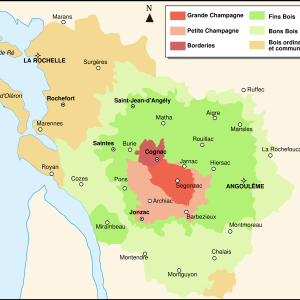
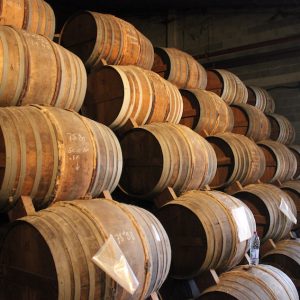
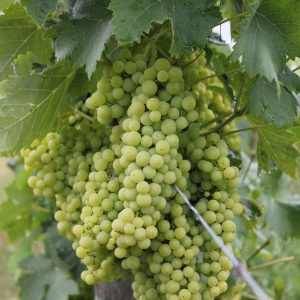
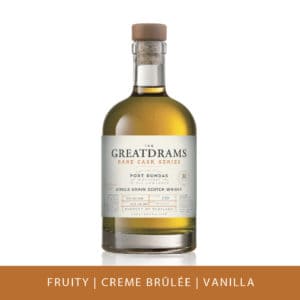

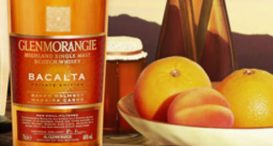
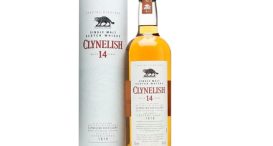
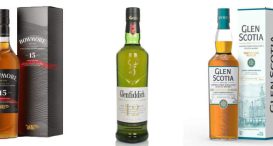

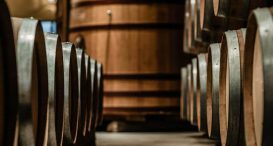

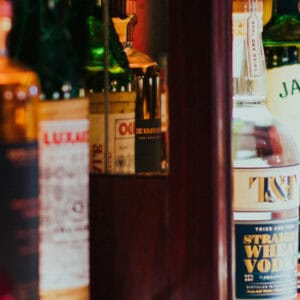
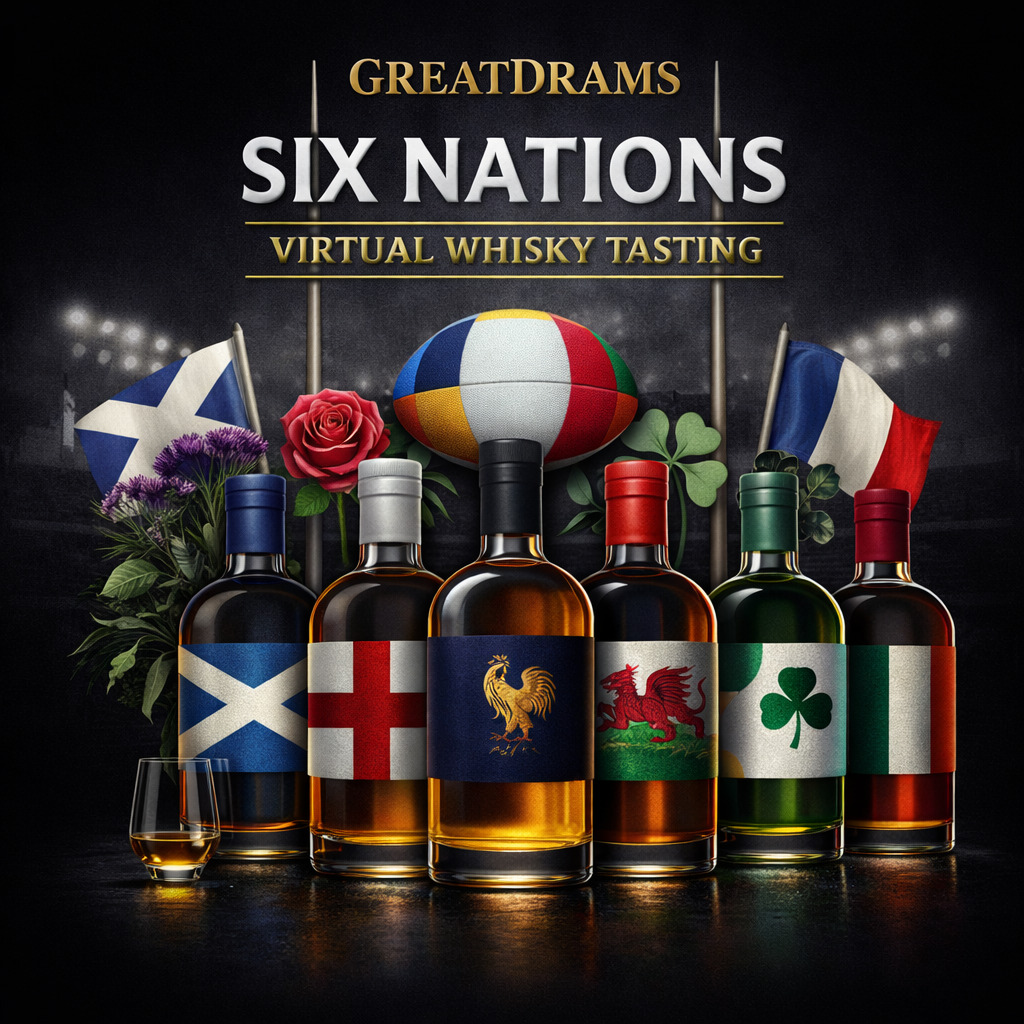
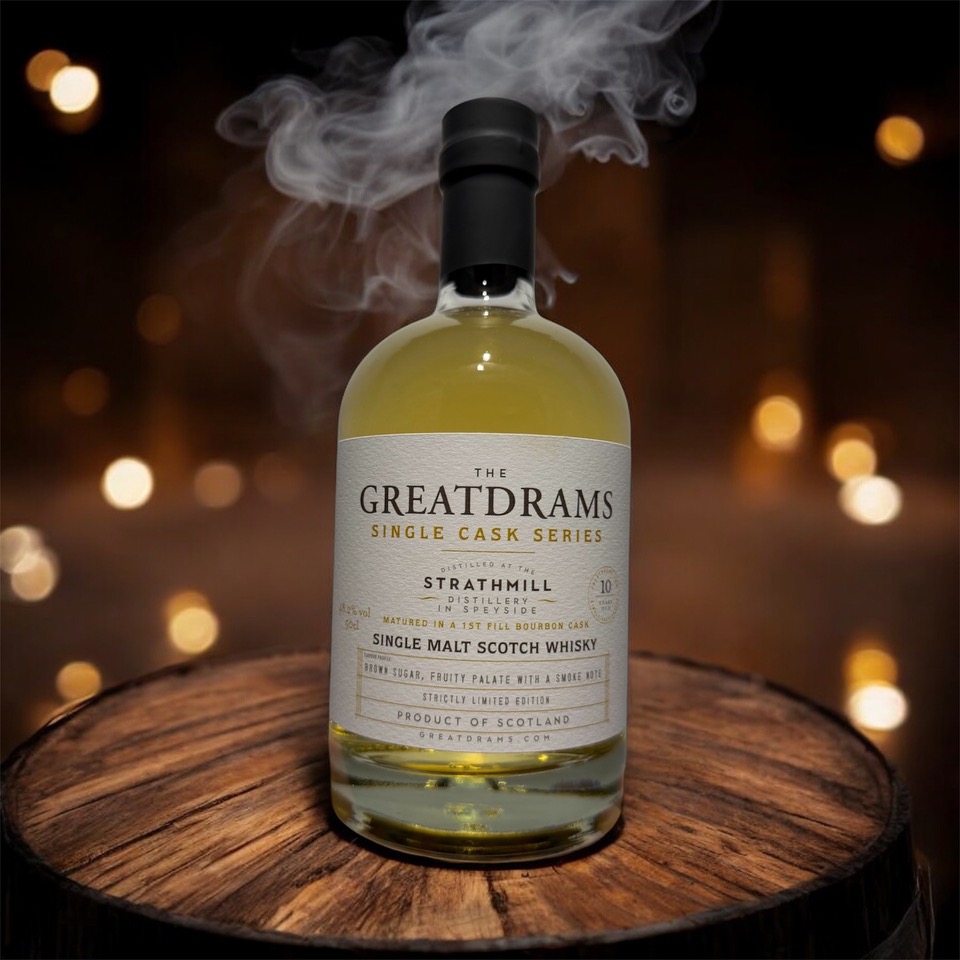
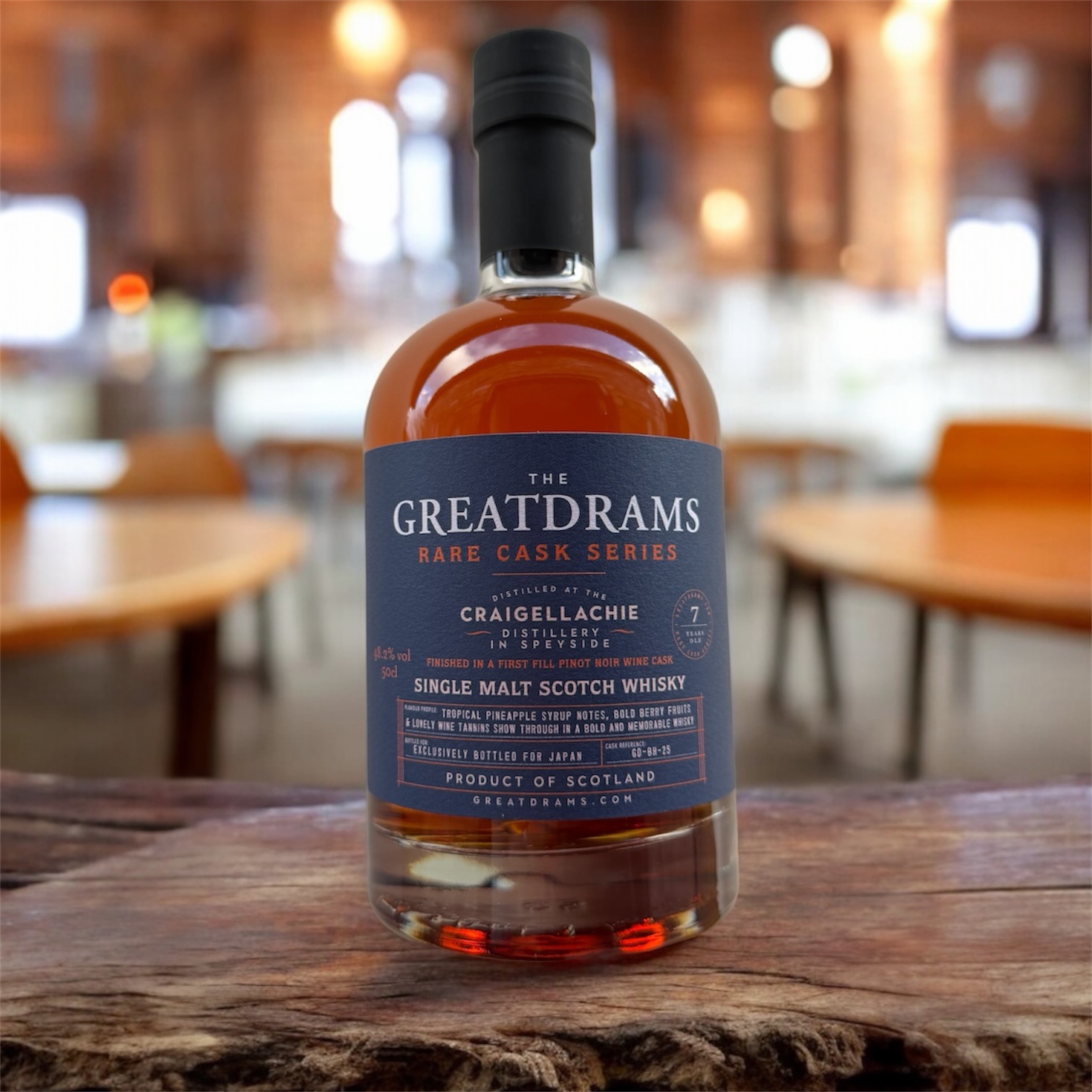

4 thoughts on “Cognac vs. Whiskey: What’s your Poison?”
I will always be a bourbon ? guy but may have to try some cognac soon. Perhaps tonight for New Year’s Eve.
In our Calgary cocktail lounge our staff is completely divided over the whisky vs. cognac debate. It used to be that a lot more people were into whisky, but we have seen quite the resurgence in people enjoying cognac after their meal in the past few months. Of course, it helps that it has been a bitterly cold winter and our cognac sales often go up in the winter.
What an interesting topic. I learned a lot about the differences between the two and highly appreciated.
The information I’ve learned from here made me want to learn more about whiskey’s and cognac.